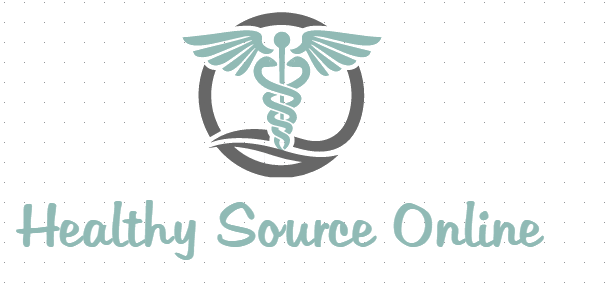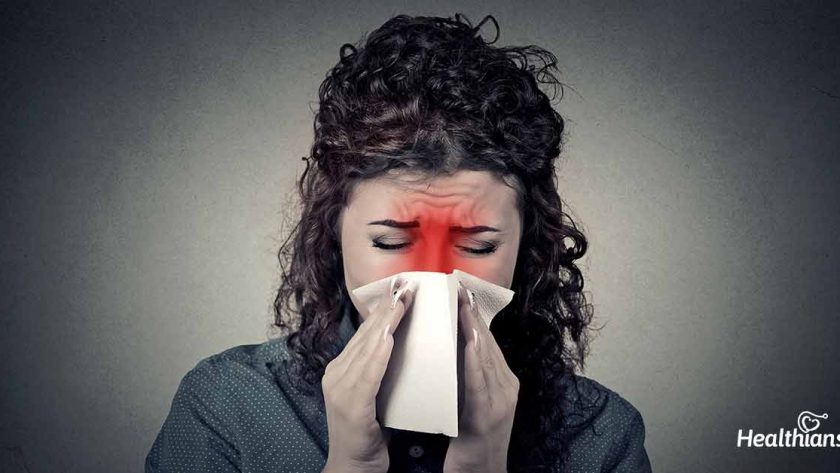[ad_1]
Contributed by: Rachana Arya
Introduction
You’ve probably experienced sinusitis and nasal congestion, but have you ever wondered where your symptoms are actually coming from? That would be your sinuses, but do you know where your sinuses are? This episode of FAQ Diaries talks about sinusitis and nasal congestion along with its associated symptoms. The questions and answers below can assist you in identifying sinusitis and treatment options that can help you kick it to the curb for good.
FAQ #1: What are sinuses?
Sinuses make up the upper part of your respiratory tract. These are air spaces located behind the forehead, nose, cheekbones, and in the middle of the eyes. There are four pairs of sinuses that extend throughout your face. Sinuses exact location is as follows:
-
- Below the surface of your cheeks
- Behind your forehead and eyebrows
- On either side of your nose
- Behind your nose
FAQ #2: What is sinusitis?
Sinusitis—commonly known as a sinus infection—is an inflammatory condition that causes the sinuses to become clogged and filled with fluid. The medical terminology for sinusitis is rhinosinusitis, (“rhino” means “nose”). Colds or allergies are the most common causes and the blockage can lead to an infection.
FAQ #3: How do you get sinus blockages?
When mucus in your nasal passageways doesn’t drain out properly, it builds up and plugs your sinuses, producing sinus congestion.
FAQ #4: Where do you feel the congestion caused by sinusitis?
Pressure and pain due to a blockage of sinus cavities can be felt in the form of “fullness” in various spots across your head and neck, behind the forehead, eyes, cheeks, or jaw.
FAQ #5: What does sinus infection look like?
-
- Swelling and redness of nasal passages
- Pus-like drainage from nasal passages
- Tenderness over the cheeks or forehead region of sinuses
- Swelling about the eyes and cheeks
FAQ #6: What are the signs of sinus infection?
The most common symptoms of a sinus infection, whether acute or chronic, include:
-
- Running nose
- Stuffiness in nose
- Facial pain or pressure
- Headache
- Mucus dripping down the throat
- Sore throat
- Cough
- Bad breath
FAQ #7: What causes sinusitis?
There are several underlying causes of sinus blockage—including environmental, anatomical, and genetic factors. It may also be caused due to allergies, nasal polyps, and tooth infections. However, the most frequent cause of nasal blockage is inflammation or swelling is the common cold.
FAQ #8: Is sinusitis a viral or bacterial infection?
Sinusitis is caused by a virus. A sinus infection can also be caused by bacteria or, in rare situations, fungus.
FAQ #9: How long does sinusitis last?
Sinusitis can last for weeks or months after other upper respiratory symptoms have subsided. Sinusitis that is acute lasts around a month. It’s possible that your symptoms will go away on their own in 10 days, but it could take up to three or four weeks for the symptoms to abate.
FAQ #10: What is the quickest method to get rid of sinusitis?
-
- Flush out your sinuses
- Give yourself a sinus relief massage
- Use over-the-counter nasal decongestants or sprays
- Use a humidifier
- Use steam
- Drink lots of water
- Get plenty of rest
FAQ #11: What foods should you avoid when you have sinusitis?
If you have or you’ve previously had a sinus infection, it is recommended to stay away from dairy products. Also, avoid processed sugar, which is pro-inflammatory and promotes mucus production. Tomatoes (which contain histamines), chocolate, dairy, gluten, and fruits like bananas, which can create congestion, are among foods to avoid.
FAQ #12: Are steam vaporizers good for sinus infections?
For an irritated nose, steam vaporizers alone can be therapeutic by inhaling anti-inflammatory vapors with the goal of clearing the sinuses.
FAQ #13: What can I drink to clear my sinuses?
Staying hydrated and clearing congestion can be aided by drinking enough clear fluids. When a person has a sinus infection, simple water is a good choice for fluids to consume lemon, honey, or ginger in hot water.
FAQ #14: Which fruits and vegetables are good for sinusitis?
There are several fruits and vegetables that are known to fend off colds, allergies, and sinus infections. These include:
Fruits:
-
- Apricots
- Strawberries
- Kiwi
- Berries
Vegetables:
-
- Spinach
- Pumpkin
- Sweet Potatoes
- Red & green peppers
- Parsley
- Broccoli
FAQ #15: Is sinusitis serious?
Even in its chronic form, sinusitis is rarely serious. However, in certain circumstances, it could signify a dangerous underlying condition. If the discomfort or pressure in your sinuses lasts more than a week or two, you should consult a doctor.
FAQ #16: Is sinus infection a contagious condition?
Sinusitis is not contagious and cannot be passed on to others.
FAQ #17: How can I treat my sinuses at home with Ayurveda?
Ayurveda offers a number of Indian home remedies for sinus infections, including effective herbal formulations made of oils, ghee, and herbs that have been shown to unclog the nasal passages. Herbs like bayberry, sage, basil, calamus, and gotu kola, as well as other oils like Nasya and Eucalyptus oils, can help people clear sinuses and open the airwaves.
FAQ #18: When does the need for sinus surgery arise?
Although sinusitis isn’t a serious condition and gets corrected on its own in a few weeks, however, there are certain factors that necessitate the need for sinus surgery. These factors include structural issues, unusual growths in the sinus, recurring sinus infections, and thickened lining.
Final thoughts
If you’ve been struggling with clogged, uncomfortable sinuses lately, it is recommended to try the above home and Ayurvedic remedies before going to the doctor for medicines. If you don’t notice any improvement after a few days or if you have a fever, you should see your doctor. Sinusitis can adversely affect your overall health due to respiratory issues. Hence, it’s best to get regular health screenings to keep a check on your health and take preventive measures to stay ahead of illnesses.
Book The Full Body Health Checkup Today!
This post has already been read 5 times!
[ad_2]
Source link




